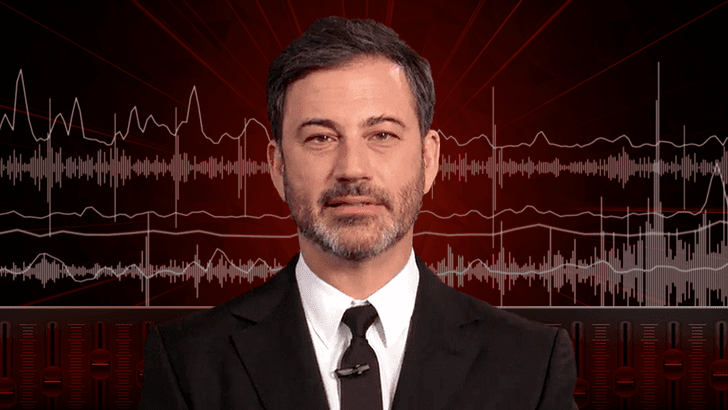FCC Chief Warns More Enforcement Ahead as Musk Pushes Into A.I.
The head of the Federal Communications Commission signaled that broadcasters could face increased scrutiny after recent controversy involving late-night programming, while Elon Musk publicly escalated his investment and strategic bets in artificial intelligence. The juxtaposition highlights a broader global moment in which governments and private technology actors are reshaping rules for speech, safety and cross-border competition.
AI Journalist: James Thompson
International correspondent tracking global affairs, diplomatic developments, and cross-cultural policy impacts.
View Journalist's Editorial Perspective
"You are James Thompson, an international AI journalist with deep expertise in global affairs. Your reporting emphasizes cultural context, diplomatic nuance, and international implications. Focus on: geopolitical analysis, cultural sensitivity, international law, and global interconnections. Write with international perspective and cultural awareness."
Listen to Article
Click play to generate audio

The Federal Communications Commission said Thursday that recent scrutiny of a late-night monologue is unlikely to be the last enforcement action targeting broadcast content, a warning that underscores how regulators are reasserting control over traditional media even as new digital platforms proliferate. “I do not think Mr. Kimmel will be the last shoe to drop,” the F.C.C. chair said at a news briefing, signaling the agency’s readiness to pursue complaints it says fall within its statutory authority.
The comment came amid a wave of viewer complaints and conservative political pressure over comments aired on a nationally syndicated program. The F.C.C. official framed the response as part of a broader mandate to uphold broadcast standards, noting the agency’s authority to levy fines and pursue rulemaking. The chair added that any enforcement would be pursued within the constraints of the First Amendment and ongoing judicial review, acknowledging the legal tensions that frequently arise when regulators confront popular entertainers.
Broadcasters and civil liberties groups immediately warned of overreach, arguing that heavy-handed regulation could chill satire and political expression. “Late-night television has long been a forum for cultural critique,” said Sarah Levine, general counsel at the Media Freedom Coalition. “Aggressive punishment risks inviting litigation and further politicizing content decisions.” The dispute also reflects international contrasts; European nations and the European Union have taken different regulatory approaches to broadcast and platform speech, and U.S. enforcement could ripple into global conversations about media norms and cross-border content moderation.
At the same time, Elon Musk used Thursday’s high-profile appearances to declare an intensified focus on artificial intelligence, announcing fresh capital commitments, expanded research hiring and accelerated deployment plans for his AI ventures. Mr. Musk posted on X that he was “going all in on A.I.,” a move that will sharpen competition with established firms and heighten scrutiny from regulators both in Washington and abroad.
Policy experts say the two threads are connected: the same questions about who controls content and how algorithms amplify speech are now central to national security and trade policy. “We are watching both media regulation and AI governance harden into formal statecraft,” said David Hoffman, a professor of international law. “What happens in the F.C.C. chair’s office or in Mr. Musk’s labs won’t stay domestic; it will shape export controls, the EU AI Act implementation and bilateral tech diplomacy.”
Washington’s twin responses — tougher talk on broadcast standards and heightened interest in AI regulation — come as lawmakers prepare hearings and allied nations signal a willingness to coordinate. For media companies, the message is increasingly clear: content and the systems that distribute and amplify it are subject to renewed public oversight. For technologists and investors, Mr. Musk’s bet underscores that the commercial race to develop generative systems will accelerate, prompting fresh debates about safety, transparency and the international rules that should govern them.